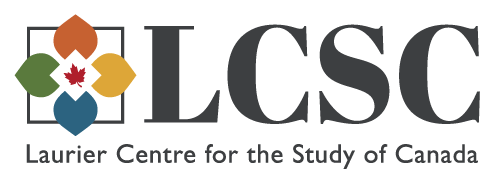Home > CMH > Vol. 31 (2022) > Iss. 2
Abstract
Beginning at the military-political level and ending at the regimental level, this paper will explore the growth of Canadian responsibility within a failing Allied relief framework throughout the Dutch Hunger Winter 1944-1945. Beginning in early April 1945, I Canadian Corps experienced a growing responsibility to secure an independently negotiated and effective ceasefire on the Grebbe Line to enable transport of food prior to broader German surrender. Under the name of Operation Faust, I Corps utilised targeted medical and food relief practices to address gaps in Allied relief capacity, following what Canadian Military Headquarters (CMHQ) referred to as a “hastily improvised” planning process. The objective of this article is to explore how an unheralded Canada exerted such great humanitarian influence while acting independently of the broader Allied command framework.
Recommended Citation
Dyck, Nathan "Crossing the Grebbe Line: Canada’s Faustian Bargain to Save Civilians in the Western Netherlands, April-May 1945." Canadian Military History 31, 2 (2022)

